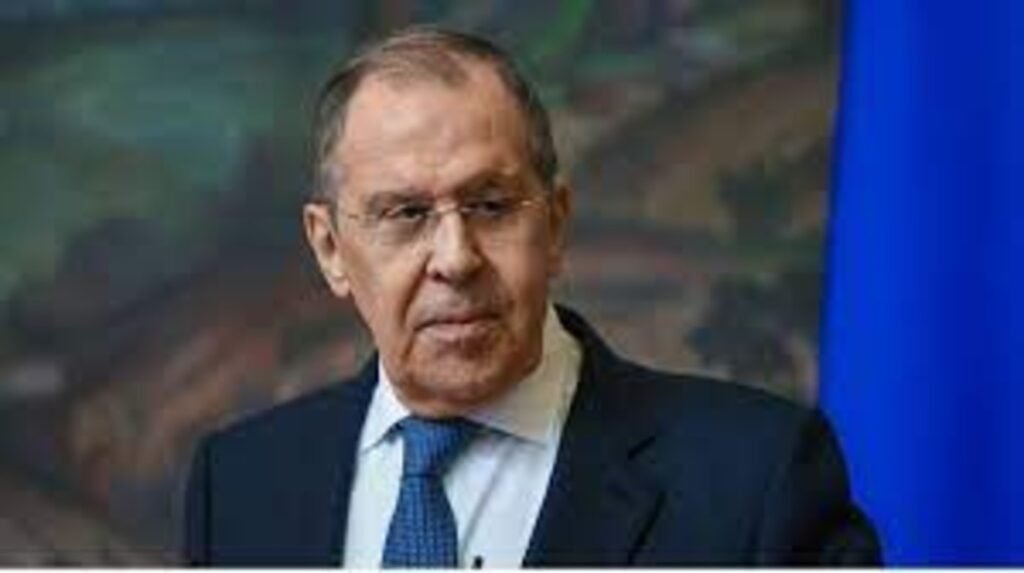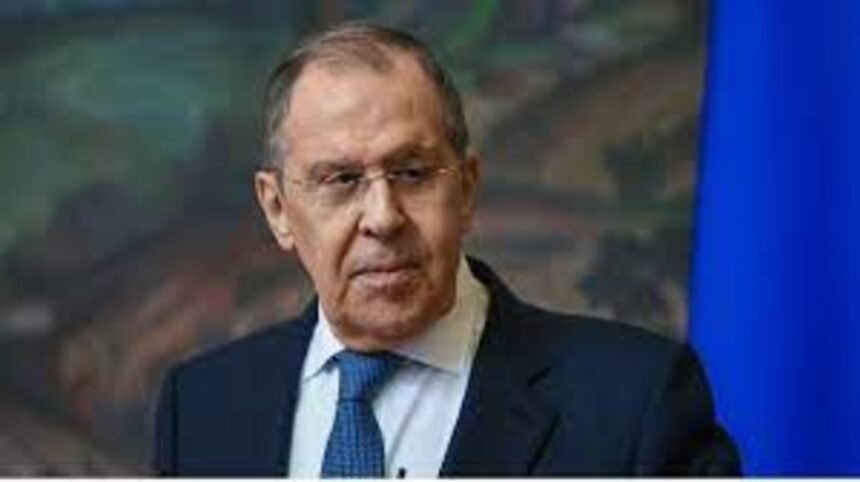September 2, 2023
Introduction
In a bold move, Russia’s Foreign Minister Sergei Lavrov announced on Friday that Russia would block the final declaration of the upcoming G20 summit if it does not reflect Moscow’s position on Ukraine and other international crises. The warning comes ahead of the Group of 20 leading industrialized and developing countries’ meeting scheduled for September 9-10 in New Delhi, India.

Lavrov, who has served as President Vladimir Putin’s foreign minister since 2004, made this announcement during a speech at the prestigious Moscow State Institute of International Relations. He emphasized that there would be no overarching declaration on behalf of all G20 members if Russia’s stance was not taken into account.
The key point of contention revolves around the ongoing conflict in Ukraine, which began in February 2022 when Russia launched a military intervention. The Kremlin has portrayed the war as an existential battle with the Western world, accusing it of attempting to dismantle Russia and seize its vast natural resources.
Western nations, on the other hand, deny these allegations and assert their support for Ukraine in its fight against Russian forces. In response to the invasion, they have imposed a series of economic sanctions on Russia.
While other leading powers such as China, India, and Brazil have called for peace in the region, they have also expressed a desire to maintain their own diplomatic relationships with Moscow. China, in particular, has accused the West of exacerbating the conflict by supplying Ukraine with weapons.
The west Criticised
Lavrov criticized the West for raising the issue of Ukraine during the preparations for the G20 summit, to which Russia responded by declaring the matter closed from their perspective. He further accused the West of undermining international institutions by pushing its own agenda.
In light of the potential deadlock at the G20 meeting, Lavrov suggested two alternative approaches. One option would be to issue a non-binding communique by the G20 presidency if a consensus cannot be reached. The other option would involve adopting a document focusing solely on specific decisions within the G20’s competence, allowing individual member nations to express their positions separately.
The tension surrounding Russia’s threat to block the G20 declaration raises concerns about the ability of the group to address pressing global issues effectively. It remains to be seen how the participating nations will navigate these diplomatic challenges during the upcoming summit and whether a compromise can be reached that satisfies all parties involved.
Conclusion
As the G20 summit approaches, the world watches closely to see how these complex international dynamics will unfold, with Ukraine’s future and the broader stability of the international community hanging in the balance.






